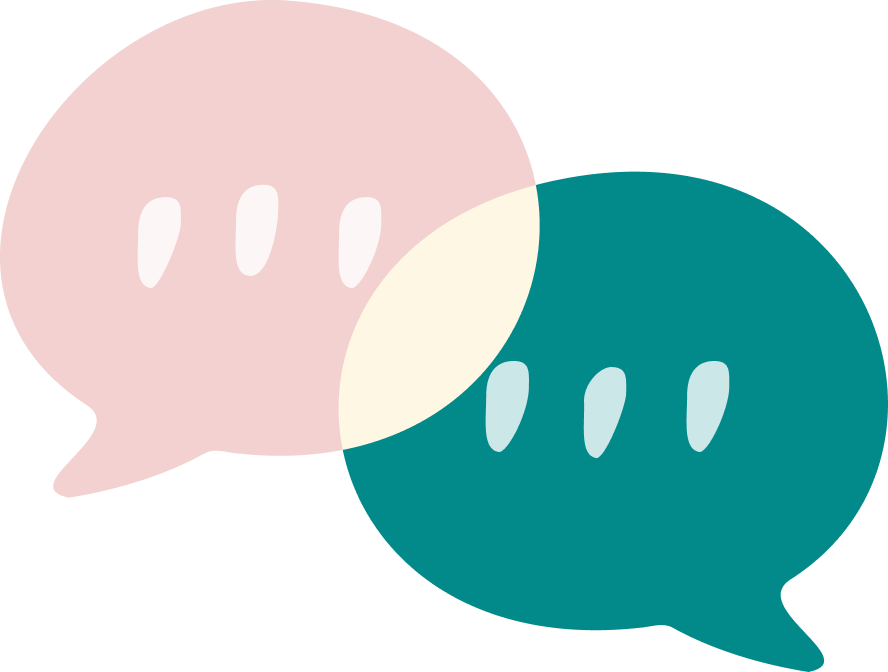Early interactions between an infant and its caregivers are crucial in guiding the infant’s development to a more independent, self-regulatory individual. In the first months after birth, fluctuations in an infant’s arousal states are mainly balanced by a dynamic interplay between the caregiver’s and the infant’s state, so called “co-regulation”. Here, caregivers are required to flexibly shift between being attuned to their infants state and a state that facilitates regulation of the infant’s state. For example, parents align to their infants’ physiological arousal throughout the day, through stroking, carrying (i.e., touch) as well as singing lullabies. Next to stress regulation, the “dyadic dance” between caregiver and infant has shown to meaningfully influence infants’ behavioral, cognitive, and socio-emotional development (Feldman, 2007; Provenzi et al., 2018).
With biological maturation, infants gain the ability to better regulate their bodily states, thereby also improving affect regulation. Social interactions with caregivers during this critical period of maturation may facilitate the successful transition from caregiver-infant regulation to self-regulation. One important aspect of gaining this self-regulatory capacity is emerging brain-body coupling (i.e., a linkage between autonomic activity and brain activity, see Nguyen et al. 2022), which is required for successful affective and cognitive processing.
Here, we aim to investigate whether caregiver-infant co-regulation contribute to the emerging infant brain-body-coupling in emotional and cognitive processing. Specifically, we examine whether caregiver-infant co-regulation in face-to-face interactions is associated with infants’ brain-body coupling.
For this study, we are currently recruiting parents from the Netherlands with infants aged 6-36 months. If you are interested in participating in our study, please, follow this link.




